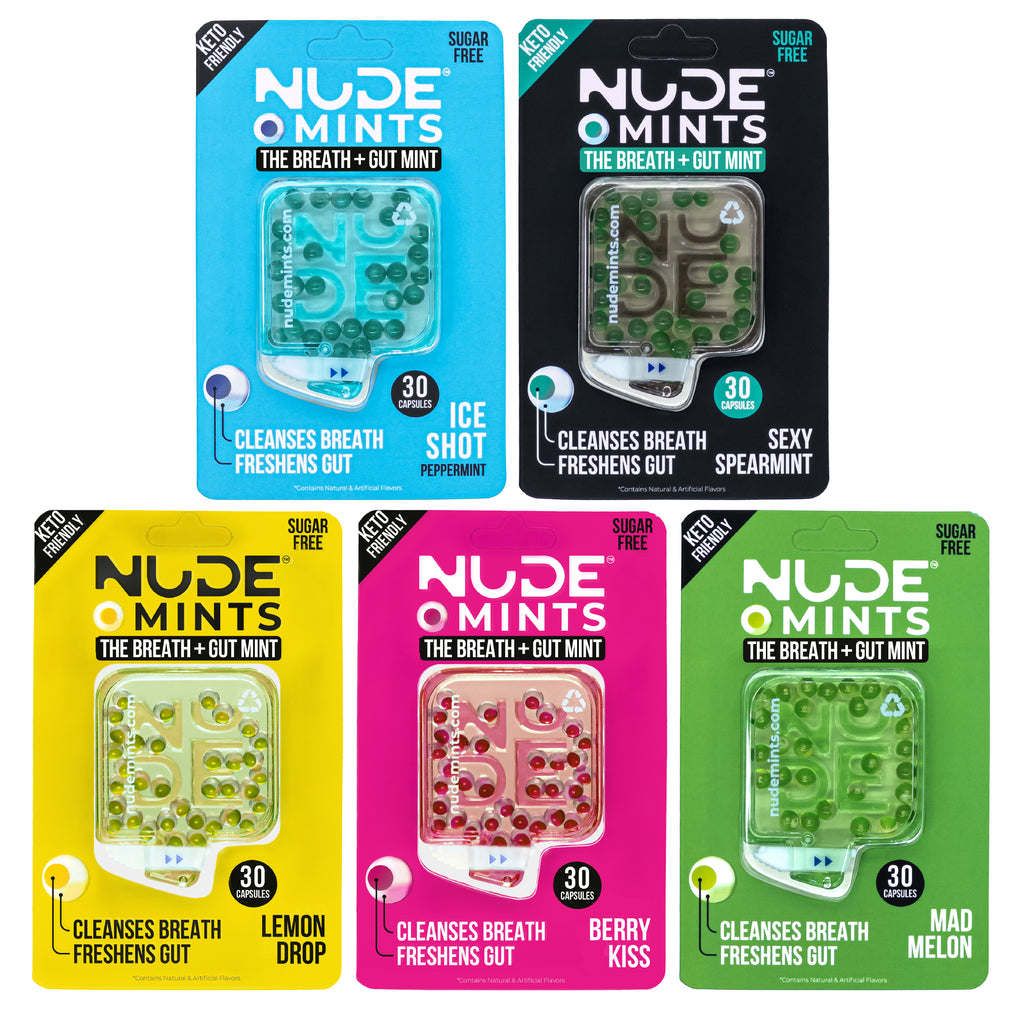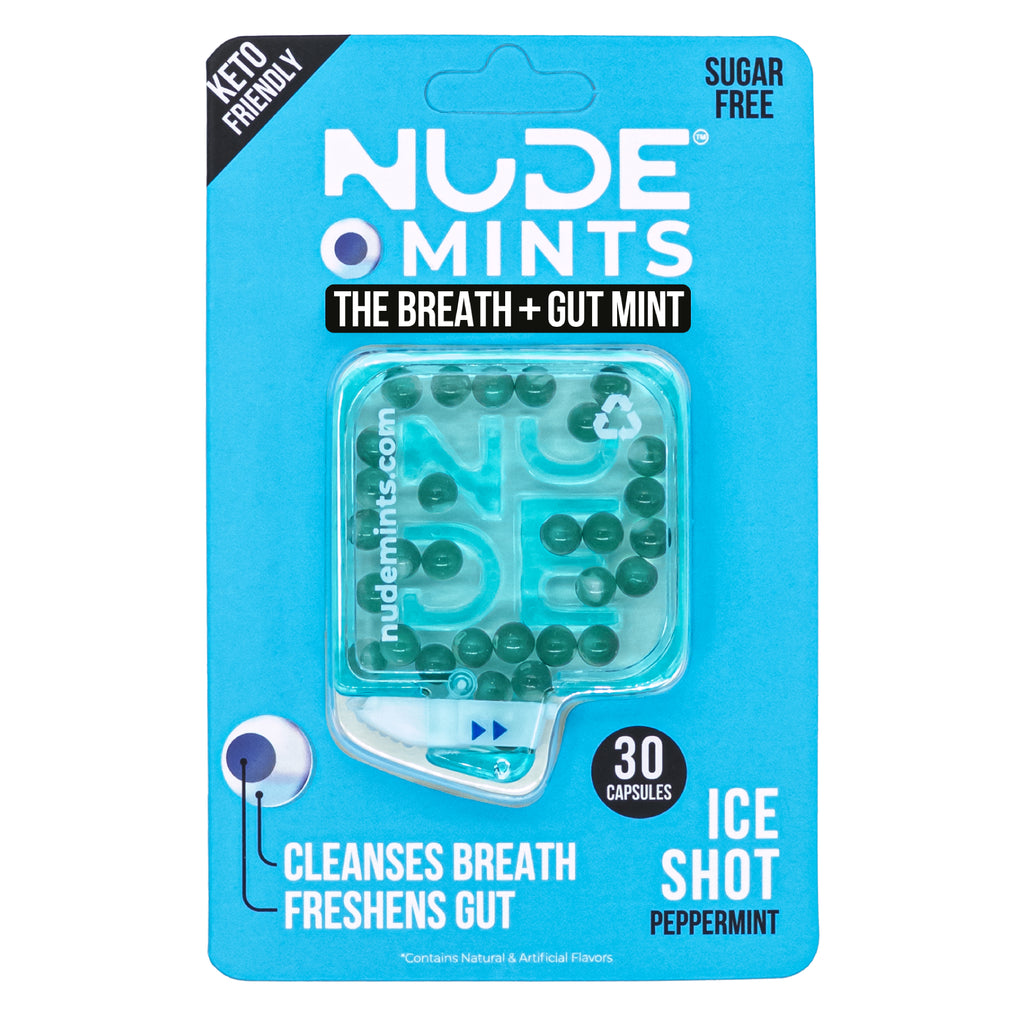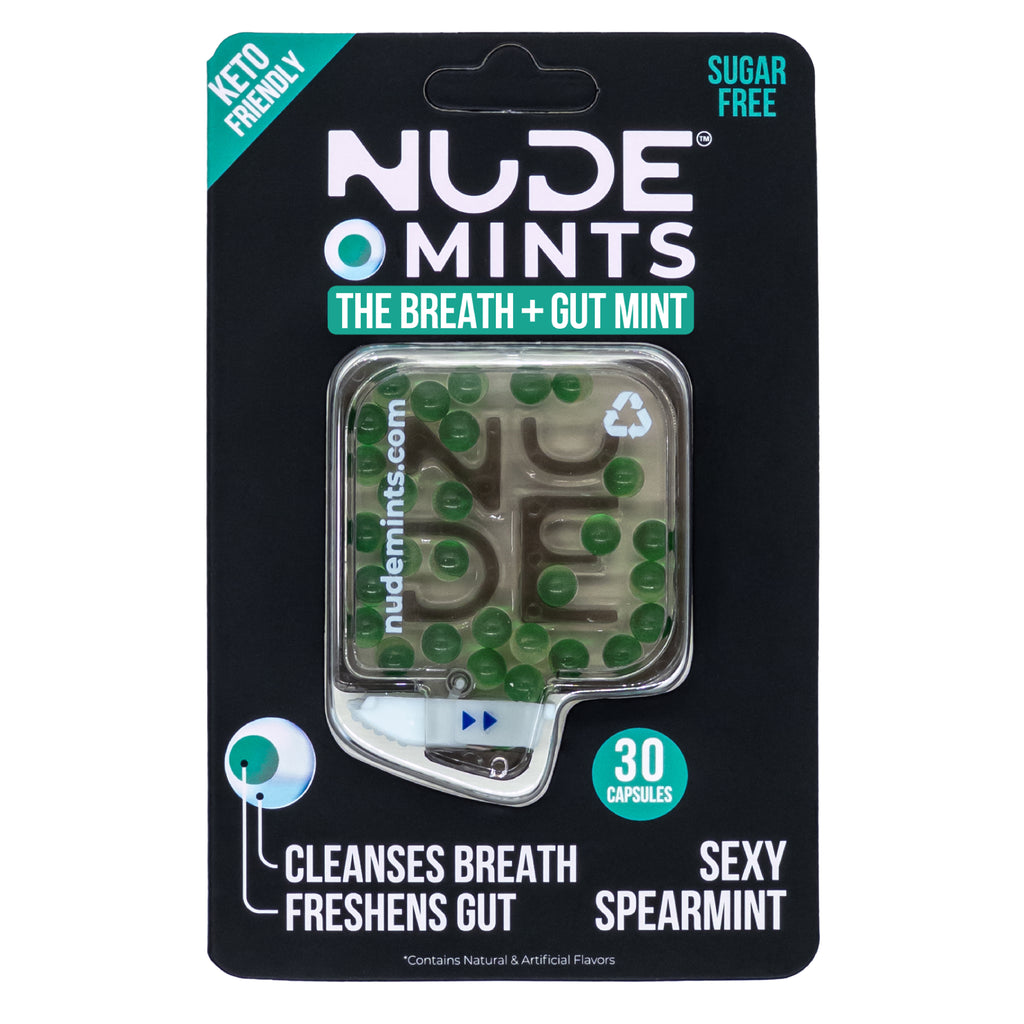Bad Breath in Your Coronavirus Masks? 10 Causes and Treatments For Halitosis
-
Has wearing a mask in the course of the coronavirus pandemic made you all of the sudden notice you could have bad breath? Tip: For those who can odor it there, then your breath is flat-out noxious, as most of us can’t inform on our personal, dentists say. Meaning you — and all these sheltering carefully round you — are victims of halitosis. As much as 80 million people have persistent bad breath, in accordance with the Academy of Basic Dentistry. In addition to the plain influence in your reputation, bad breath could be a signal of ailments and circumstances, some severe. When you race for a mint, it would assist to know the highest 10 the explanation why your breath smells bad within the first place and what you are able to do about it.
1. You’re not brushing properly
Sure, poor dental care is the number one reason for bad breath. When food is trapped between your teeth and below your gums, bacteria get busy breaking it down, forsaking putrid gases that odor like rotten eggs or worse (Read as poop). One method to inform when you’ve got bad breath, dentists say, is to floss after which odor the thread. If there’s a rank odor on the floss, you’ll know for certain your breath is poisonous. The excellent news is which you could simply repair this sort of bad breath by brushing your teeth with fluoride toothpaste twice a day and flossing recurrently. Whereas the comb is in there, don’t neglect your tongue and cheeks; studies present that brushing them can cut back bacteria load. Beauty mouthwashes and gum solely briefly cowl up the stink, dentists warn, as a result of neither reduces bacteria.
2. You ate or drank one thing smelly.
Espresso. Garlic. Fish. Eggs. Onions. Spicy food. The meals we eat can simply trigger bad breath. Most of the meals that contribute to smelly breath achieve this by releasing sulfides. Sulfur, as you recognize, smells like rotten eggs. A mint or stick of gum would possibly mask the reek, however, be warned: Odors from a few of what you eat can stick around till the food works its method by way of your system — even in case you brush. In line with the Academy of General Dentistry, the allyl methyl sulfide in espresso, onions, and garlic can keep in your bloodstream and be expelled by way of your breath as much as 72 hours after consumption. Attempt preventing again with different meals, equivalent to lemons, parsley, and crisp fruits and veggies equivalent to apples or carrots that stimulate saliva manufacturing, which your mouth depends on to scrub away impurities. Ingesting water helps, too. Caffeine, however, slows the manufacturing of saliva.
3. You eat a whole lot of sweets.
Earlier than you plop that subsequent sugary sweets, cake, or cookie in your pie gap, pay attention carefully. You would possibly hear the refrain of cheers coming from the bacteria that reside in your mouth. For them, sugar is a superfood, and boy, have they got a celebration gobbling it down, leaving a smelly odor behind. Dentists say sticky candies equivalent to gummies and caramels are the worst offenders; in case you should eat one thing candy, they counsel plain chocolate. It has much less sugar than many different candies and dissolves extra rapidly within the mouth.
4. You’re on a low-carb eating regimen.
Consuming a whole lot of protein and few carbs force your body into ketosis when your system begins to burn fat cells for power. The method creates waste merchandise known as ketones. Too lots of these aren’t good, so your body has no alternative however to make you a strolling stank home, excreting ketones by way of your urine and your breath. It’s a rank odor, which many evaluate to rotten fruit. Attempt consuming additional water to flush ketones out of your body. For those who use breath mints, candies or gum, make sure they’re sugar-free. Just like Nudemints.
5. You’re a mouth breather.
At night time, saliva production is decreased, which is why many people get up with a rotten style (and odor) in our mouths, even after diligent brushing and flossing. Mouth respiratory or loud night breathing, equivalent to from sleep apnea, additional dries out the mouth, making your breath much fouler. Referred to as xerostomia, the dry mouth shouldn’t be solely disagreeable however doubtlessly dangerous. You would possibly develop a sore throat, hoarseness, problem talking and swallowing, issues sporting dentures and even a change in your sense of style. The answer: Unravel your mouth respiratory issues and repair them whereas consuming numerous water and maintaining your dental hygiene each morning and night time. In fact, dentists additionally counsel common checkups, which may not be properly achieved now. However, don’t be shy or embarrassed. Even in the course of the coronavirus pandemic, you possibly can schedule a name or a telemedicine appointment along with your dentist in order that she or he could possibly assist pinpoint the trigger.
6. Your drugs are partly in charge.
Lots of generally used drugs can dry out your mouth, contributing to rank breath. A few of the most typical culprits are meds that deal with anxiousness, despair, hypertension, ache, and muscle stress. Examine the drug’s record of negative effects to see whether or not dry mouth is on it, after which speak to your physician about switching to a drug that doesn’t cut back saliva.
7. You’ve received a stuffy nostril or allergy symptoms.
Could you have persistent sinus infections? Respiratory sicknesses? As your nostril will get stuffy, you’re extra more likely to be respiratory by way of your mouth, drying out tissues and decreasing saliva circulation. When you’ve got allergy symptoms, the battle to cease the fixed drip-drip-drip with an antihistamine can result in bad breath, as properly. Most of the prescription and over-the-counter meds used to fight colds, flu, and allergy symptoms dry up extra than simply the nose. And all that postnasal drip may cause a stink by ending up caught on the again of your tongue, which is extremely laborious to achieve with a toothbrush. Dentists recommend scraping the back of your tongue with a specifically designed scraper and rinsing with a mouthwash containing chlorine dioxide.
8. You smoke or chew tobacco (or different issues).
For those who’re a smoker, you in all probability do not know how the odor of tobacco clings to your garments and belongings and particularly your breath. Inhaling sizzling fumes dulls your senses, diminishing your potential to smell and taste. Clearly, sizzling air may also dry the mouth. The lack of saliva, mixed with the odor of tobacco, creates the notorious “smoker’s breath.” Cottonmouth can be a typical aspect impact of smoking or ingesting weed, a rising situation throughout the nation as extra states legalize hashish. Chawing tobacky? It’s a no brainer that your teeth will stain, your gums will endure and your breath will stink. The answer? You already understand.
9. You drink alcohol.
Yup, we’re nonetheless speaking about issues that dry out the mouth. That, my wine-loving, beer-drinking, cocktail-imbibing mates, consists of alcohol. To not point out wine comprises sugar, as do most of the mixers used to create cocktails. Cue the cheering crowds of bacteria. Struggle again by sucking on sugar-free candies or chewing sugar-free gum, as each stimulates saliva manufacturing. Don’t neglect to drink water (it’s additionally good in stopping hangovers) and brush and floss as quickly as you possibly can. However, right here’s an irony: A number of mouthwashes and rinses comprise alcohol. So if halitosis doesn’t you alone, speak to your dentist about utilizing a therapeutic mouthwash designed to scale back plaque as an alternative.
10. You’ve got an underlying medical situation.
Could you have heartburn, acid reflux disorder, or gastroesophageal reflux disease (GERD)? Puking up a little bit of food or acid into your mouth can simply create bad breath. Don’t write that off as simply gross; untreated GERD can simply develop right into a severe sickness, even most cancers. The stinky breath may also be an early signal of an underlying illness that won’t have outward signs. One of many indicators of diabetic ketoacidosis, a life-threatening situation that impacts largely folks with Type 1 diabetes, is fruity-smelling breath. It happens as a result of folks with no to little insulin can’t metabolize ketone acids, permitting them to construct as much as poisonous ranges within the blood. Candy-smelling breath in an individual with Sort 1 diabetes ought to set off immediate medical motion. In uncommon instances, folks with Sort 2 diabetes may develop the situation.
Try Some NUDE Mints
For an easy way to get rid of the bad breath in your mask on the go, just pop a NUDE mints in your mouth. Made with novel technology from Japan, you’ll get instant fresh breath and a confidence boost. Buy a pack of NUDE mints available in Ice Shot, Berry Kiss, Citrus Squeeze, Lemon Drop and Mad Melon.
Get the freshest news on your favorite mouth cleanser and gut freshener!
Read More
-
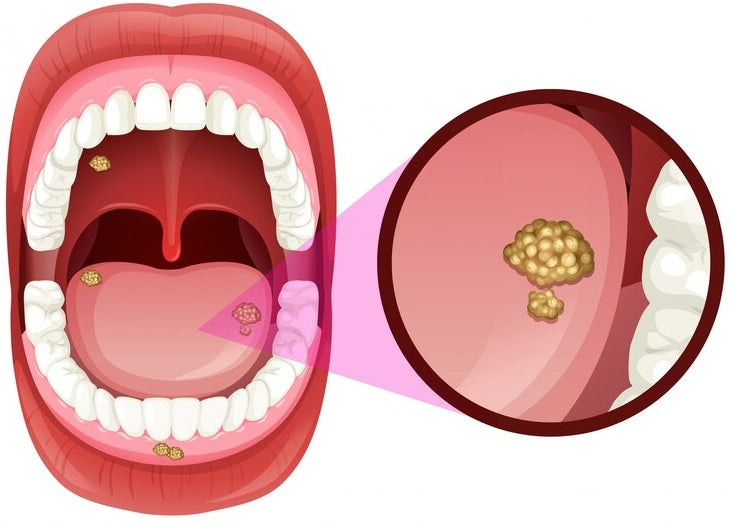
Halitosis: Understanding the Causes, Diagnosis, and Treatment for Fresh Breath
Halitosis, commonly known as bad breath, is a condition that affects a large number of people worldwide. It can be an embarrassing and isolating experience, but it is important to know that it is a common problem and that there are effective treatments available. In this article, we will discuss the causes, diagnosis, and treatment of halitosis. Causes of Halitosis Halitosis can have several causes, both internal and external. The most common causes include poor oral hygiene, dry mouth, certain foods and drinks, smoking, and certain medical conditions. Poor Oral Hygiene Poor oral hygiene is the most common cause of halitosis. When food particles and bacteria build up in the mouth, they can cause an unpleasant odor. Brushing and flossing...
-
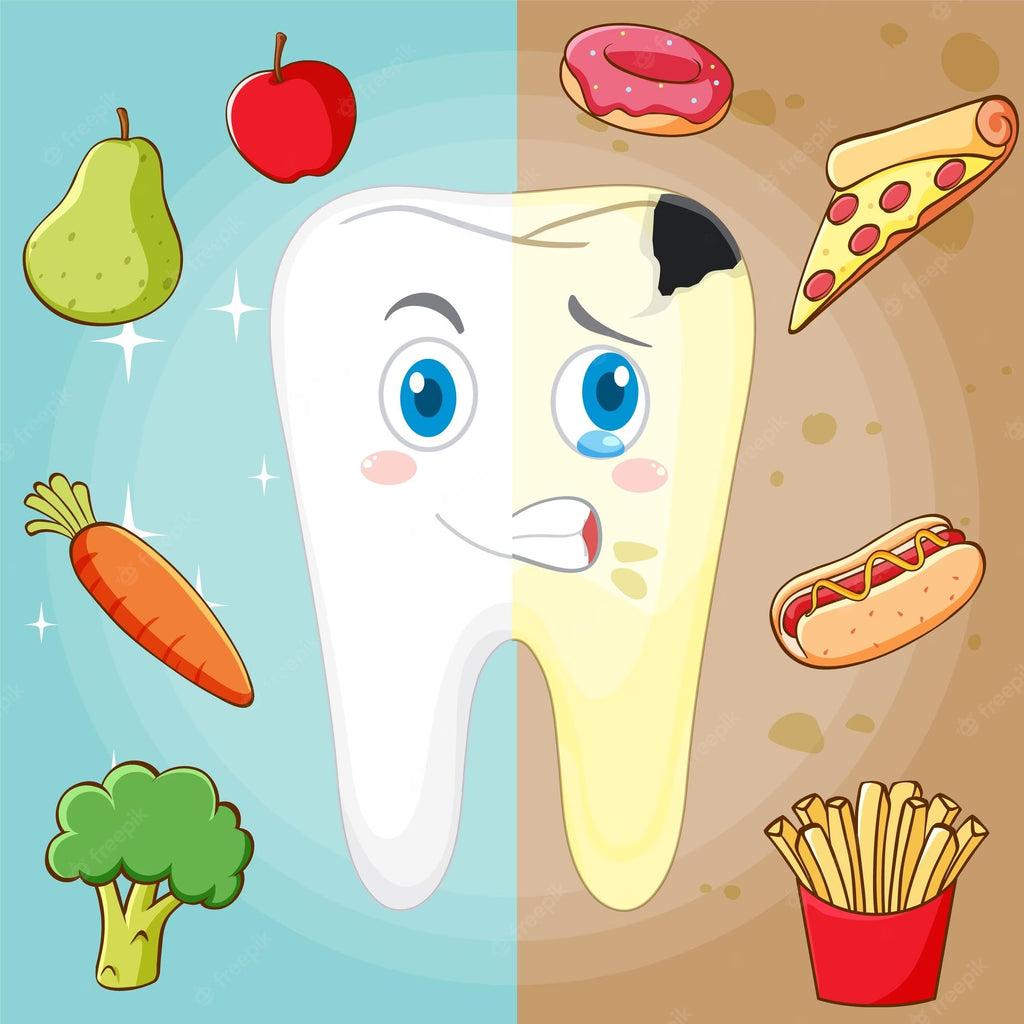
Crucial Connection Between Nutrition and Oral Health: Guide for Better Dental Care
As a dental health professional, we understand the importance of maintaining good oral hygiene to prevent cavities and gum disease. Brushing twice a day and flossing daily are essential habits, but did you know that nutrition also plays a crucial role in keeping your mouth healthy? In this article, we will explore the connection between nutrition and oral health and how you can make better food choices to support your dental health. How Nutrition Affects Oral Health Your diet can impact your oral health in many ways. A diet high in sugary and acidic foods can increase the risk of tooth decay and gum disease. When you eat sugary foods, the bacteria in your mouth feed on the sugar and...
-
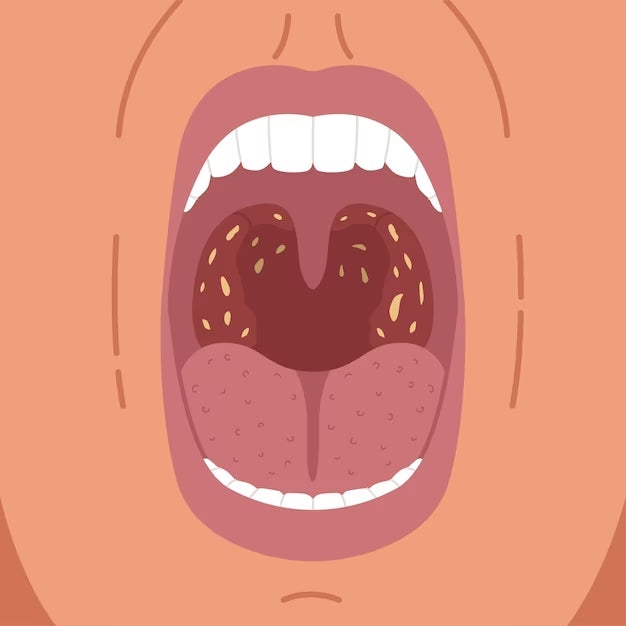
How to Treat Bad Breath Caused by Dry Mouth
Do you ever feel self-conscious about your breath? Do people avoid talking to you because of bad breath? Dry mouth, also known as xerostomia, can cause bad breath and make social interactions uncomfortable. In this article, we will discuss what causes dry mouth, how it leads to bad breath, and what you can do to treat it. Table of Contents What is dry mouth? Causes of dry mouth How dry mouth causes bad breath Signs and symptoms of dry mouth Diagnosis of dry mouth Treating dry mouth Home remedies for dry mouth Professional treatments for dry mouth Tips for maintaining oral hygiene Foods and drinks to avoid with dry mouth Conclusion FAQs What is dry mouth? Dry mouth occurs when...
-
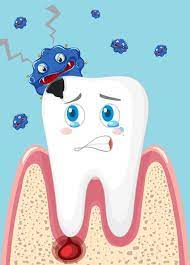
The Relationship Between Diabetes and Gum Disease: Understanding the Link
Diabetes and gum disease are two conditions that may seem unrelated, but research has shown that they are actually closely linked. In fact, individuals with diabetes are more likely to develop gum disease, and those with gum disease are more likely to have difficulty controlling their blood sugar levels. This article will explore the connection between diabetes and gum disease, and provide insights on how you can reduce your risk of developing both. The Relationship Between Diabetes and Gum Disease Diabetes is a condition that affects the body's ability to produce or respond to insulin, a hormone that regulates blood sugar levels. When blood sugar levels are consistently high, it can lead to a range of health complications, including nerve...
